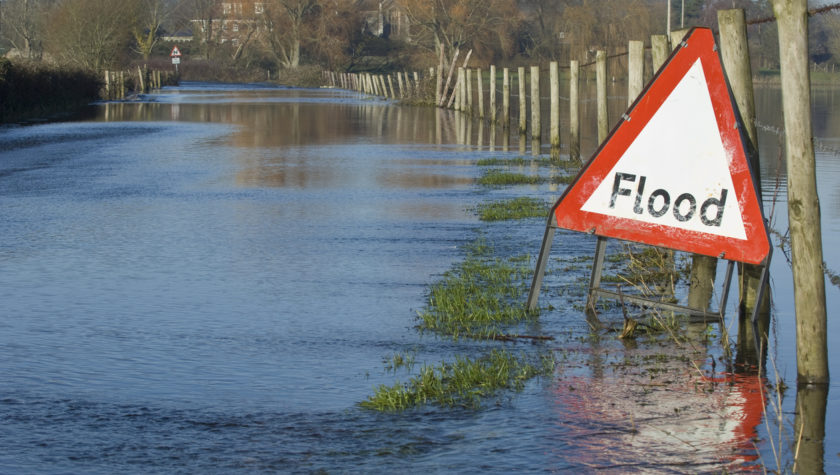The National Infrastructure Commission is looking to address gaps in understanding of the resilience of complex infrastructure systems so that a repeat of this summer’s major service disruptions can be avoided.
In scoping its Resilience Study the NIC has highlighted the need for a concerted effort from government and infrastructure operators to develop a much clearer ‘system-wide’ approach to the resilience of increasingly inter-connected infrastructure.
This summer saw evacuation of areas at risk from Toddbrook Reservoir and significant disruption to road and rail networks from extreme weather events. In addition, the UK’s worst power cut for a decade resulted in major disruption for communities and travellers and knock-on impacts for businesses.
While the purpose of the Commission’s work is not to review individual incidents, infrastructure planners and operators will need to think carefully about resilience says Chair Sir John Armitt.
A new approach to resilience, reflecting the increasing interdependency of the UK’s transport, energy, digital and water infrastructure is needed in order to sustain the systems on which the country relies and minimise the impacts on daily life when they fail.
Chairman of the National Infrastructure Commission Sir John Armitt said:
“This summer’s disruption showed that when infrastructure fails, we can still be knocked for six. It is too easy for issues in one sector to negatively impact other on others and – like toppling dominos – bring daily life to a standstill.
“Planning for failure and disruption is common practice. But our infrastructure networks are increasingly inter-connected and dependent upon the performance of services outside their control, especially power and digital connectivity: that’s a major vulnerability we need to understand and deal with properly. We will need to rethink how we operate, design and manage our infrastructure to ensure it is fit for long-term challenges we face.
“We are building our knowledge, but these initial findings show that the solutions are not straightforward. We need a wide a range of evidence to help us develop an approach that works for everyone and safeguards our future as best we can.”
The Commission’s scoping report identifies significant areas where current thinking about reliance needs to be developed; these will inform the recommendations made in the final report.
At present, most resilience planning is focused on individual sectors and it is difficult to find examples of holistic and cross-sector approaches. This means that there is currently little understanding of the resilience and vulnerabilities of the UK’s economic infrastructure as a whole. Further work is also needed to better account for the public’s expectations of infrastructure.
A five week call for evidence will help to address these gaps through gathering new data, insights and analysis from government, regulators, operators and suppliers on three crucial areas:
- System-wide thinking – what makes UK infrastructure vulnerable to shocks and future changes, and how they can be address
- Public perspectives – how should the public’s expectations of infrastructure services considered within decisions about resilience
- Governance and management – what changes are needed at a system level to ensure separate systems can operate effectively as a whole.
In October 2018 the government asked the National Infrastructure Commission to examine the resilience of the UK’s infrastructure to failure and long term challenges, such as extreme weather resulting from climate change. The current study is examining how resilience can be assessed and improved, including through better design and application of new technologies.
The evidence gathered during this consultation period will inform the Commission’s final report in Spring 2020. This will set out a framework for how to best assess and improve the resilience of all of the UK’s inter-connected infrastructure systems and is also expected to make a number of short term policy recommendations to government on shaping an effective national resilience strategy.




